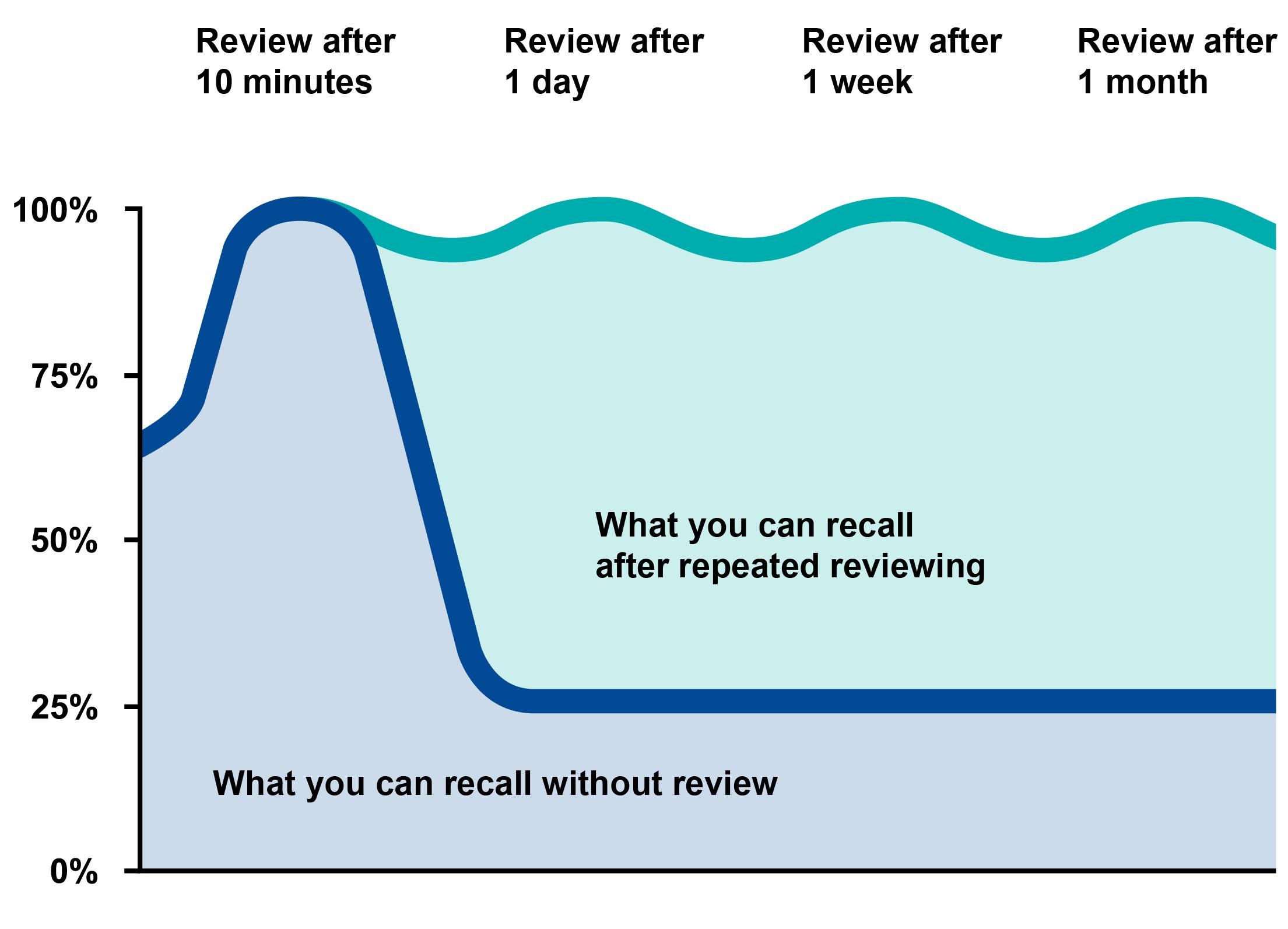When to start revising Preparing for revision
It is best to start revision early and keep revising as you study, by doing little but often. However, even if you've left it a bit late, you can make the most of the time you have.
Listen to Roger, an OU student, as he shares his thoughts about how to prepare for an exam. Bear in mind that 'it's never too late to start but, equally, it's never too early'!
Roger's advice on how to prepare for exams
Click here to listen 179Roger: A tutor once told me there were only two things I needed to know to do well in an exam - focus and preparation. She avoided the word 'revision', and talked about ‘preparing’. And the other key words were that it was ‘some’ preparation, not getting things out of proportion, and not going overboard. And it needed to be focussed. I think that's … the secret that I've learnt is that that's about effectiveness and efficiency over the years.
The trick of using the word 'preparing', or ‘preparation’, helped me a lot because recollections of revision go back to school days. And, let's say that maybe I wasn't particularly good at that. But I found preparing for an exam something much easier to do. And that took me away from a former mindset of having to revise.
The second part of the model comes back to the exam itself, and it's about technique, which again can be rehearsed and practised.
I've shared many times with other students, when are we going to start revising? And I guess the answer is, start now. A tutor … in fact several tutors have all have said to me, “it's never too late and it's never too early”. I think the thing to avoid is over-preparation. So start when it’s right for you. But, if you save it up the end - and some people are, I suspect like that - it actually does place you under pressure. You may not be able to start straightaway, but start sooner, rather than later, and give yourself more time.
If you're at an early point in your studies, preparing for an exam may take some practise, so it's better to cut yourself some slack up front, so that you can develop your own style and methods of preparation. If you save it up till the end, then you're going to have to lay the track and run along at the same time. So it's never too late, but equally, it's never too early.
I think the first step is understand what's required in the exam. Obviously, we need to know practical things like when it is, where it is, how long is the paper and what is it looking for … how it's structured.
I've worked in the past on something called the Specimen Exam Paper, and what the OU, I think, abbreviates to the acronym SEP. Get to know and love your SEP. Look at it early. It may be scary in the first instance, but it will be your best guide to the format and structure of the exam. And to do well, you need to know how a particular paper will be structured, how it will be presented, and what I call ‘the rules’ are.
Tutors will talk about the exam rubric. This simply means how many questions you're allowed to answer in each section, and whether you have a choice, and things like this … and how many marks are available. It's important to understand that rubric to maximise your marks. If you make a mistake in interpreting a rubric, you will lose marks because a script marker cannot award marks if you've broken the rubric. If you've answered two questions from Section A, and you were only meant to answer one, they will only give you marks for your best answer. The time spent on that second answer will be wasted, and you will have lost marks.
Revising during your studies
Revising as you study can make it easier to learn subsequent topics. Towards the end of a module you'll find that reviewing the material begins to bring everything together.
Some students collect material for their assignments while they study, which can be an effective time-management strategy. However, working through the material and then re-reading it for an assignment is very effective revision.
Reviewing
You tend to remember best the information received at the beginning and end of a learning session. So when you revise, it is a good idea to
- take regular breaks
- quickly review the key points of what you have been studying each time you take a break
- review them again one hour, one day and two days later. Reviewing in this way is a very effective method of reinforcing memory.

This graph shows the effect on our memories of regularly reviewing what we have studied. Although we generally retain around 65 per cent of what we read, this memory will fade away quickly unless we review it again soon afterwards. If you review something soon afterwards (say around 10 mins later), then review it a day later, then a week later, then after one month, you will find that each review strengthens your memory of that information further and further.
Revision checklist
During the last few days before the exam it'll be useful to check anything that you haven't completed or are unsure of. Consider using this checklist.
- Work through the specimen exam paper to understand the format of your exam.
- Have a look at past exam papers, if available.
- Attend a revision session and/or check with your tutor about the key topics and issues to bear in mind when revising.
- Decide which topics to revise for the exam.
- Prepare a revision timetable.
- Prepare/sort out the notes and course materials you're going to use for revision.